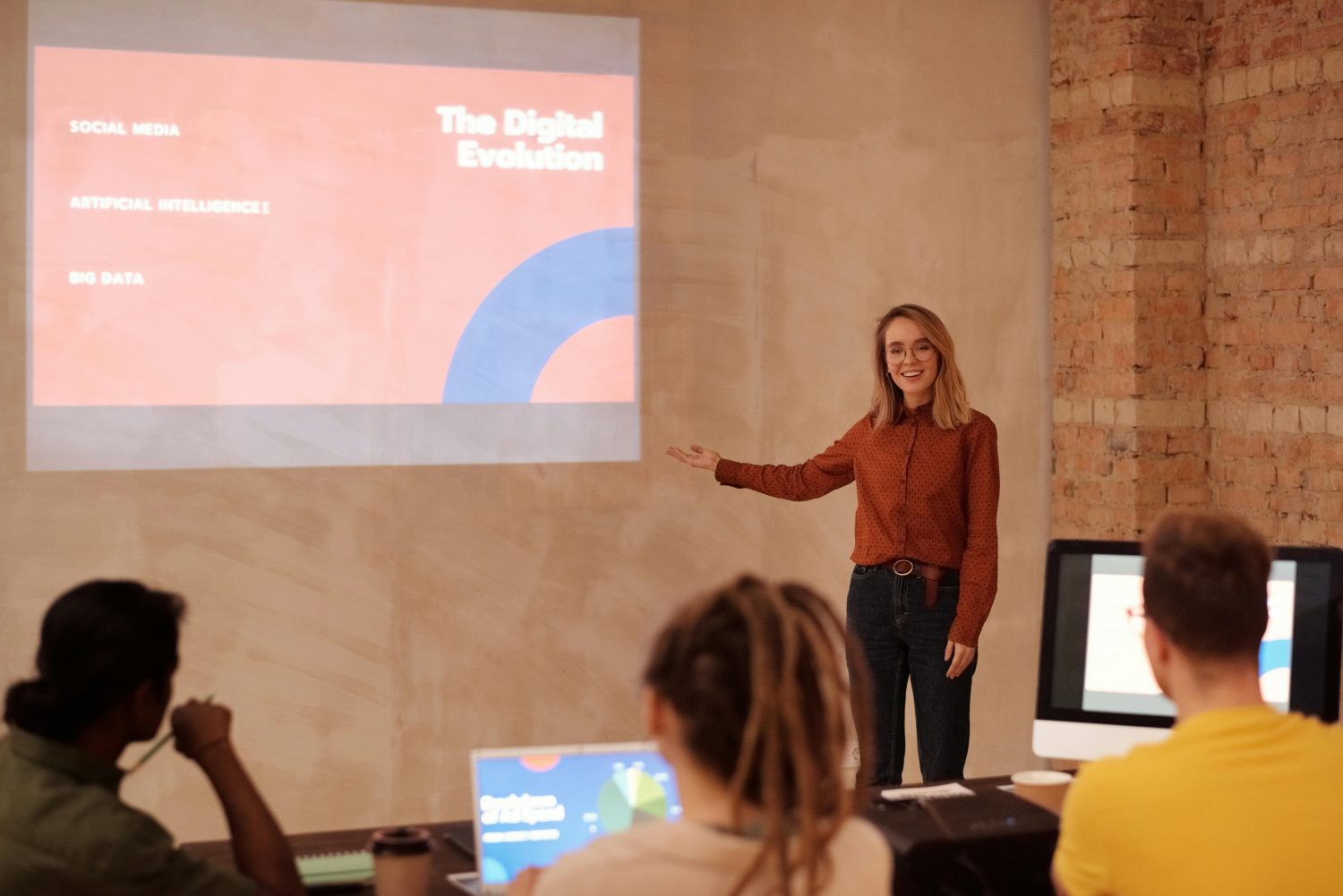In a recent interview, Nina Schick, a speaker, author, and adviser specializing in generative AI, shared her insights on the exponential growth and potential impact of this revolutionary technology. As the world grapples with the implications of tools like ChatGPT, Schick offers a glimpse into the future of AI-generated content and its far-reaching consequences.
The Rise of Generative AI
Schick emphasizes that while ChatGPT has captured the public’s imagination, it is merely one tool in the broader landscape of generative AI. This technology, which has only been in development for a few years, has the capability to create new content across various digital mediums, including text, video, audio, and images.
According to Schick, the valuations of companies like OpenAI are likely to increase, and we can expect to see more generative AI companies emerging with applications that span multiple industries. She predicts that 2023 will be a year of exponential acceleration for this technology.
The Future of Online Content
In her book “Deepfakes,” Schick initially predicted that over 90% of online content would be generated by AI by 2030. However, she now believes this milestone could be reached as early as 2025, highlighting the rapid pace of development in this field.
Schick envisions a future where the majority of digital content is produced by AI, with platforms and applications generating text, images, and videos becoming increasingly prevalent. This shift has significant implications for content creators, journalists, and various industries that rely on digital media.
Regulatory Challenges and Policy Considerations
As generative AI continues to advance, policymakers and regulators are beginning to take notice. Schick anticipates that 2023 will be a crucial year for policy discussions surrounding this technology. Key debates are likely to focus on:
- Whether generative AI should be open-source or controlled by private companies
- Identifying the companies that will own the foundational models used across various applications
- The potential for AI to augment or automate human tasks
Schick emphasizes the need for a global conversation on these issues, as the implications of generative AI are profound and universal. She suggests that the European Union, with its AI Act, may lead the way in international regulatory efforts.
Copyright and Plagiarism Concerns
The rise of generative AI has raised concerns about copyright infringement and plagiarism. Schick notes that there have already been contentious arguments regarding the use of artists’ data without consent in training AI models. Additionally, tools like ChatGPT have sparked debates about academic integrity and the potential for automated plagiarism.
However, Schick stresses that these tools are just the beginning, and their capabilities are likely to increase dramatically by the end of 2023. As the technology evolves, so too must our understanding of copyright and intellectual property in the age of AI-generated content.
The Role of Big Tech and New Players
While companies like OpenAI have garnered significant attention, Schick believes that established tech giants will continue to make their own generative AI plays. She expects to see more developments from companies like Apple, Google, and Microsoft in the coming year.
At the same time, new players in the generative AI space, such as Stability AI, are likely to collaborate with and receive investments from big tech companies. This dynamic landscape will shape the future of AI-generated content and its integration into various industries.
Conclusion
As generative AI continues to evolve at a rapid pace, it presents both exciting opportunities and complex challenges. The technology’s potential to revolutionize content creation across multiple mediums is undeniable, but it also raises important questions about regulation, copyright, and the future of human creativity.
As we move forward, it will be crucial for policymakers, industry leaders, and the public to engage in thoughtful discussions about the implications of generative AI. By doing so, we can work towards harnessing the power of this technology while addressing its potential risks and ensuring that it benefits society as a whole.
Frequently Asked Questions
Q: What is generative AI?
Generative AI is a form of artificial intelligence that can create new content across various digital mediums, including text, video, audio, and images. It has the capability to produce content that was previously thought to be unique to human intelligence and creativity.
Q: How will AI impact content creation?
According to Nina Schick, generative AI could lead to the majority of digital content being produced by AI as early as 2025. This has significant implications for content creators, journalists, and industries that rely on digital media, potentially transforming the way we create and consume information.
Q: What are the main regulatory challenges surrounding generative AI?
The main regulatory challenges include determining whether generative AI should be open-source or controlled by private companies, identifying who will own the foundational models used across various applications, and addressing concerns about copyright infringement and plagiarism. Policymakers will need to engage in global conversations to address these issues effectively.










